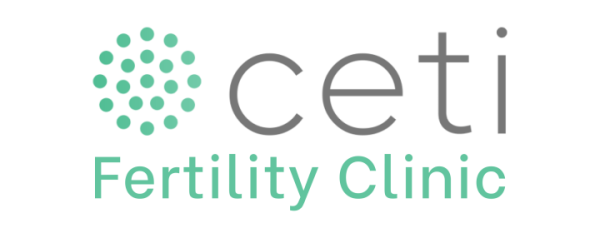
Learn about the new law on Medically Assisted Procreation
The diploma regulating the confidentiality regime for Medically Assisted Procreation (MAP) techniques was published on 8 July 2019 in the Official Gazette.
The new confidentiality regime for gamete and embryo donors comes into force on August 1st, creating a transitional regime to respect the rights of people born from these techniques, beneficiaries and donors.
This transitional regime was introduced into the law following a decision by the Constitutional Court, which in April last year rejected the rule on donor anonymity, considering that it imposed “an unnecessary restriction on the rights to personal identity and the development of the personality of people born” using these techniques.
What changes with the introduction of the new law?
Donors who donated their gametes before the Constitutional Court ruling of 7 May 2018 will continue to maintain their anonymity, unless they authorise their collection.
All donations made after this date are already made under the new regime, that is, the genetic information and civil identification of the donor will be available to people born as a result of ART processes through the donation of gametes or embryos.
Genetic information may be obtained from health services, while information on the donor’s civil identification, i.e. their full name, may only be obtained when the person born as a result of the ART process is at least 18 years old from the National Council for Medically Assisted Procreation (CNPMA).
Before this age, at 16, it will also be possible to obtain information about any legal impediment to the planned marriage.
The Constitutional Court’s decision also noted that donors do not have any rights or duties in relation to the people they helped to generate, nor vice versa.
